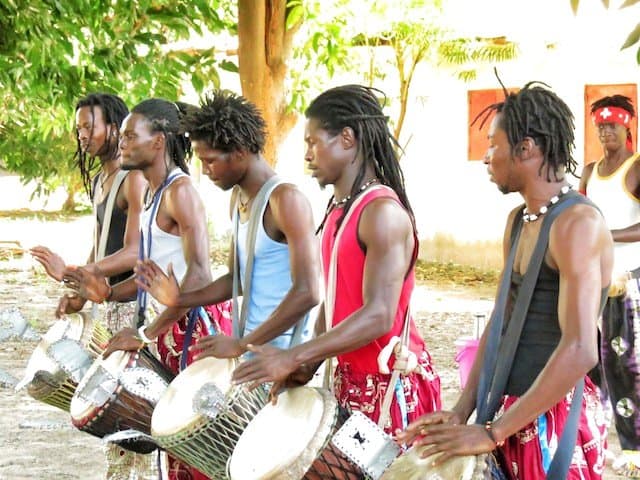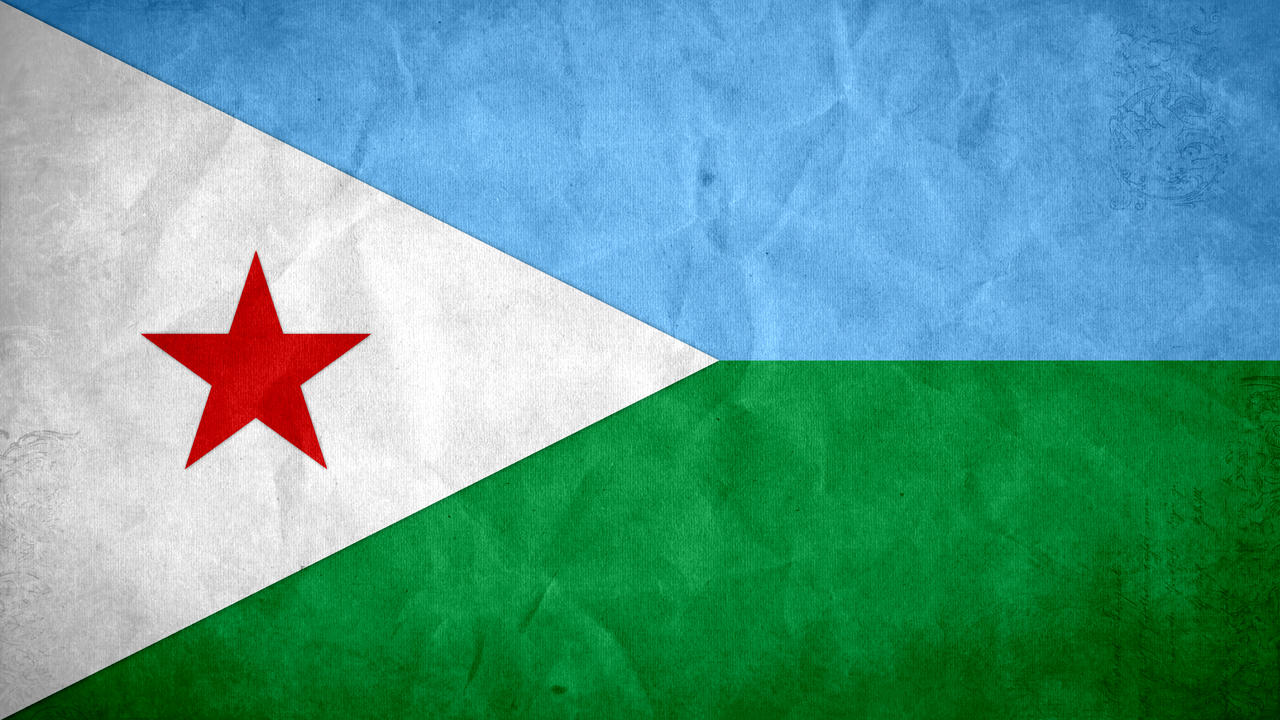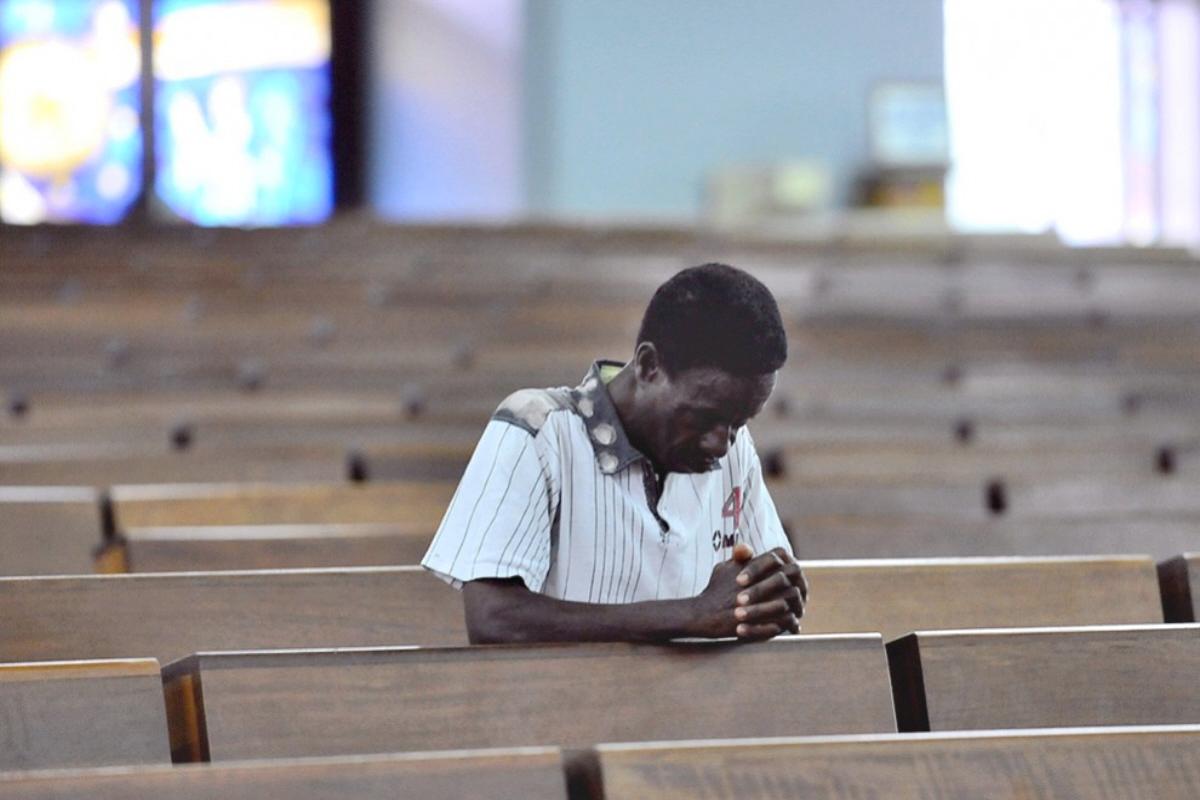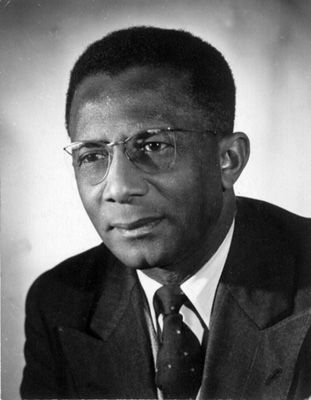New Year’s Day. January 1. Many of the younger crowd go out to
The Strip in Banjul, celebrating until the early hours of the morning. However,
I’ve read that it’s not the best area to be in at night in a crowd; it’s
pickpockets galore and requires a lot of police action pushing the crowd
forward. A lot of other people choose to stay closer to home or friend’s homes,
eating a good dinner and having drinks. Fireworks are shot off at the stroke of
midnight. People also visit markets and other activities around this time as well.
 |
| You should check out the blog www.travelwithkat.com for a lot of good insight into staying in The Gambia. |
Mawlid/Prophet’s Birthday. Varies. During the day, people will recite meaningful verses
from the Quran and participate in Gamo, religious gatherings that start in the
evening and last until the next morning.
Independence Day. February 18. This marks the day that The
Gambia, the first country taken control by the British, gained its full
independence from Britain in 1965. (This is also my husband’s birthday, just
not the same year.) Parades, especially through MacCarthy Square in Banjul are
an annual tradition. The country is decorated in the flag and its colors.
Historical presentations and storytelling about the events that took place are
often shown with traditional cultural and musical presentations.
Good Friday/Easter. Varies. Although Christians are a
minority in The Gambia, most shops and other businesses are closed on this day,
except for essential businesses and shops. Most Christians will attend special Good
Friday services, generally a solemn day. Easter is far livelier. Christians
wake up early to attend special services in the morning. Part of the traditions
is to drink the juice from the baobab called nanburu. It’s passed on to
neighbors and friends as a way of giving alms.
Labour Day. May
1. This holiday celebrates the worker and the labor movement in general. It’s
also a time when labor issues are addressed as well.
Africa Day. May
25. This day was founded after the Organization of African Unity was
established. This was the predecessor of the African Union. Each year, there is
a theme celebrated by most African countries and those who live in its Diaspora.
Many Gambians will dress in traditional clothes and participate in cultural
performances, African drumming, and other cultural/historical displays.
Revelation of the Qur’an (Laylat al Qadr). Varies. Also called Night of Power or Night of
Destiny. This holiday celebrates when the Qur’an was revealed to the Prophet
Muhammad. Many Muslims also believe that this night marks how the next year
will go for them. Most people often spend this evening praying for mercy and
salvation and special blessings for the coming year.
Eid al Fitr. Varies. This day marks the end of Ramadan, the
Muslim month-long fasting period; also called Koriteh in The Gambia. People
will wear new clothes to attend special prayer services at their local mosque.
Giving alms is also a commonplace event; needy people will often congregate
outside of mosques to take advantage of these generous acts. Children will
often go door-to-door asking for treats or money as well.
Revolution Day.
July 22. In 1994, Lt. Yahya Jammeh led a coup to take over the
government, and the people later elected Jammeh as president. A park in Banjul,
formerly known as MacCarthy Square, was renamed July 22 Square. A public art
piece called Arch 22, commissioned by the president, is one of the most famous
pieces in the city of Banjul. In the past, there have been cultural displays
around the capital and other cities in the country, but many criticize the
holiday, citing that it celebrates the military coups.
Assumption.
August 15. Known as Sang
Marie in The Gambia and Senegal, this holiday is based on the Christian view
that this is the day Mary, mother of Jesus, was raised into heaven after her
death. Christians will often attend special Assumption services at their
church. In Banjul, some churches
in the area will gather together during the late afternoon at the Arch 22 to
begin the procession. Following this, the atmosphere changes to more of a
festive aura with music, dancing, and food/drink lasting until late into the night.
Eid al Adha. Varies. Also called Tabaski, this holiday is
almost as big as Christmas. Based on the story of Abraham almost sacrificing
his only son, animals are slaughtered in a religious ceremony in order to
divide up its meat, giving some to family, friends, and charity. A lot of money
is spent on new clothes and little gifts for loved ones.
Ashura. Varies.
Also called Islamic New Year. Ashura’s roots are different depending on whether
you are a Sunni or a Shia. For Sunnis, it marks the day that Moses was saved by
the Egyptians and the day that Noah finally left his ark. For Shias, it marks
the martyrdom of Muhammad’s grandson, Hussaine ibn Ali. Many people choose to
fast on this day and recite verses from the Qur’an, and others use this day to
visit friends and family. It’s also customary to wish people good health and
well-wishes for the coming year.






















